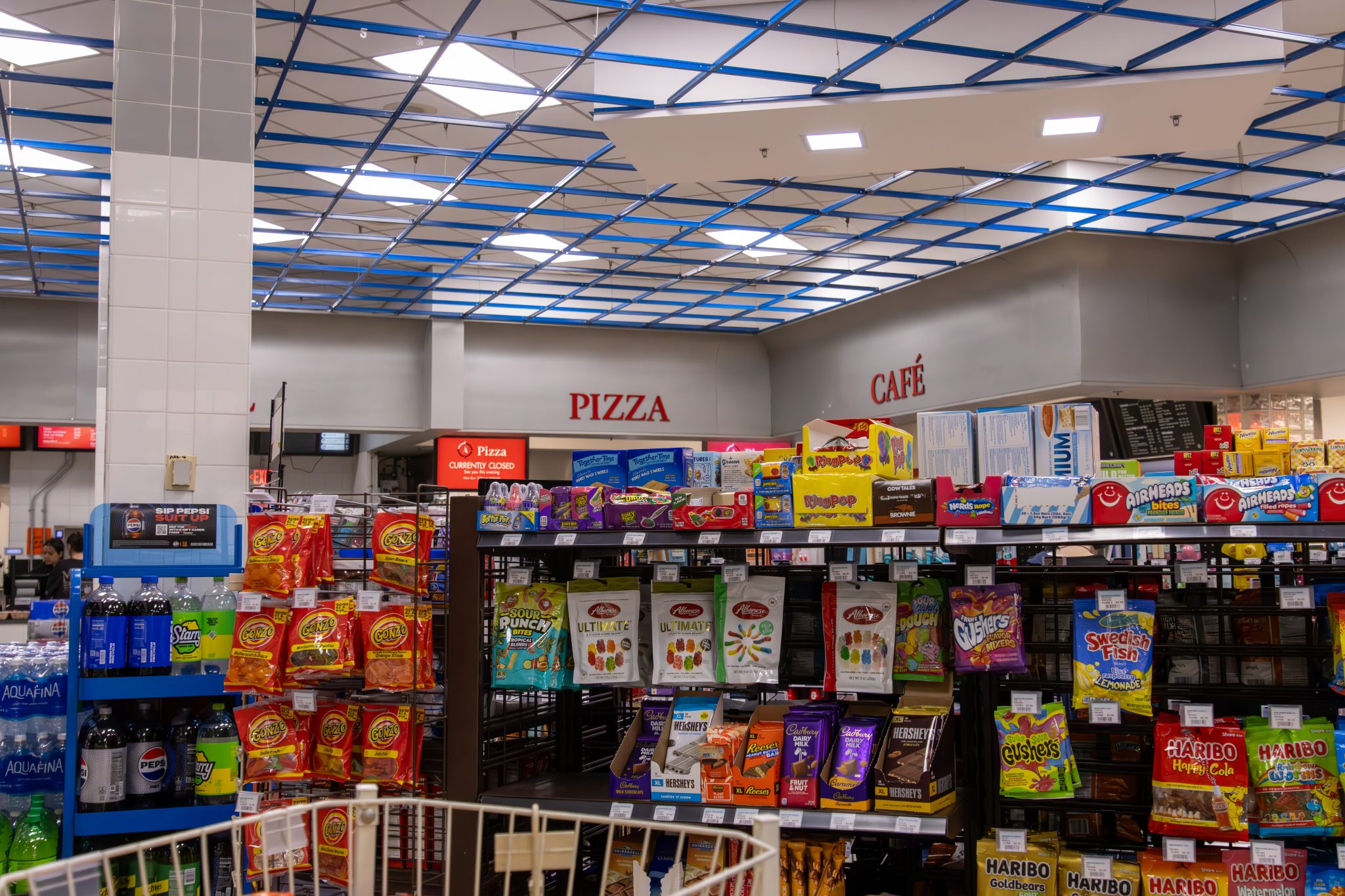The University of Maryland SGA is working with Dining Services to potentially increase kosher food options on campus.
The most accessible place to get kosher food at this university is Maryland Hillel, which offers its own dining plan. But some students feel the hours and location — near South Campus — are often inaccessible or inconvenient, so members of the Student Government Association are advocating for more on-campus options for those who keep kosher.
The undergraduate student population at this university is about 19 percent Jewish, according to Hillel. Among other restrictions, most kosher guidelines do not allow for meat and dairy to be consumed or prepared together, which prevents some Jewish students from eating foods at campus dining halls.
Eliav Hamburger, the speaker of the legislature, said SGA members are advocating for a kosher kitchen in a campus dining hall.
“That is the only way to really and truly solve the problem of Jewish students not being able to live on campus,” Hamburger, a junior computer engineering major, said.
[UMD SGA supports tour guides seeking pay, state financial literacy initiative]
Dining Services spokesperson Bart Hipple said the department is tentatively looking for ways to incorporate more kosher options on campus, including potentially turning the former shop attached to 251 North into a kosher kitchen.
Students could use disposable silverware to eat food from the kosher kitchen in 251 North if the plan is put in place, Hipple said.
Dining Services is also looking at the possibility of taking over operations of the Hillel dining room and incorporating it as a fourth campus dining hall, according to Hipple.
He added that Dining Services is also working with Hillel to provide dining dollars at a discount to those who have a Hillel dining plan. The department is also looking to add more packaged and labeled kosher and halal options to on-campus shops.
Jewish members of the SGA brought up the need for more kosher options after struggling to access the options at Hillel, they said.
Meirav Solomon, the freshmen connection representative for SGA, keeps kosher. The freshman history and public policy major said when she had classes in the evening during the freshmen connection program, she found it hard to make it to Hillel’s dining hall, which closes at 7:30 p.m.
Shuli Frenkel, the parliamentarian for the SGA, also said the location and hours of existing kosher options can be inconvenient.
“I wouldn’t be able to make my lunch because by the time I was able to walk all the way over, it would be put away, it would be done, and then there wasn’t food until 5:30,” the sophomore criminology and criminal justice said. “And then my option was like a granola bar.”
[The bread rises: Stamp Panera expected to open in April]
Frenkel added that the lack of kosher options in dining halls is a barrier that keeps students from participating in social opportunities and food culture at this university, such as karaoke nights at dining halls. They’ve seen people on YikYak talk about the music and culture at Yahentamitsi Dining Hall compared to South Campus Dining Hall.
“I’ve never experienced any of those things and I don’t even really know what that means,” Frenkel said.
Many students who keep kosher have to move off campus to abide by kosher guidelines, Frenkel added.
A lack of kosher food on North Campus also makes it difficult for students who observe kosher to participate in living-learning programs that require them to live in particular dorms and participate in a campus dining plan, Hamburger said.
Cost is a barrier to adding more kosher food on campus and in dining halls because kosher food can cost more than non-kosher food, Hipple said.
“We’re trying to figure out how to be as inclusive as we possibly can be, but we also have to make sure that the specific dietary needs of one group don’t overtake costs and the operation for the majority of the group,” Hipple said.



